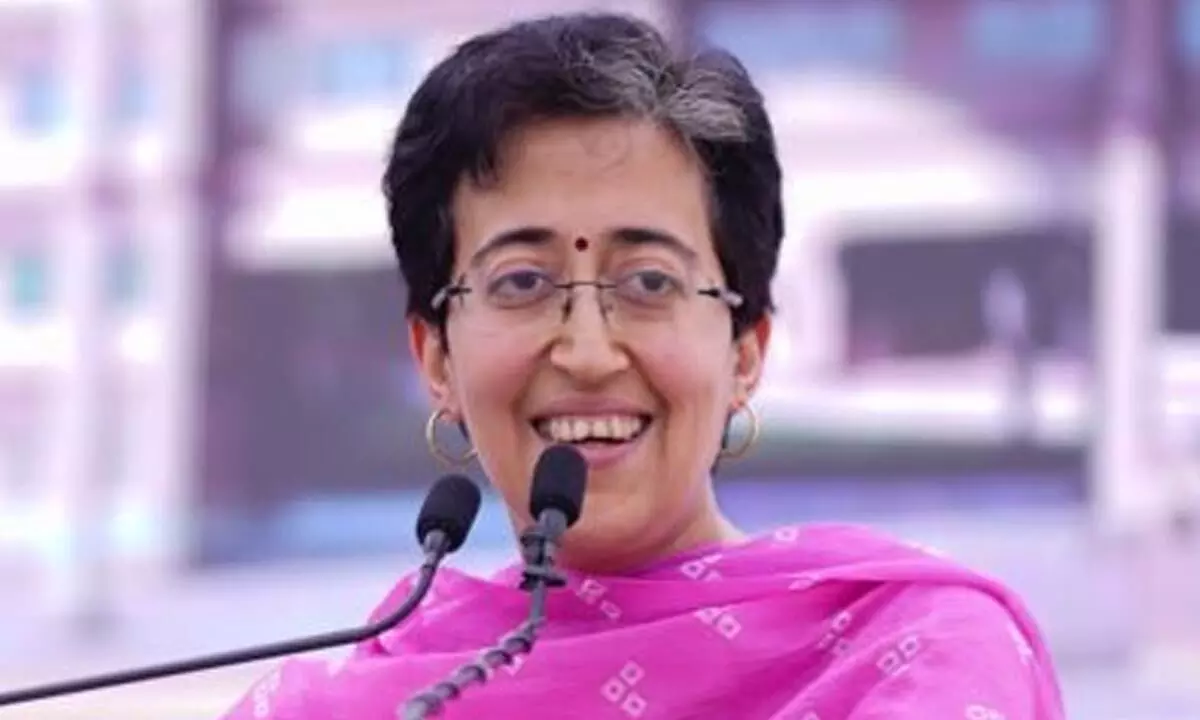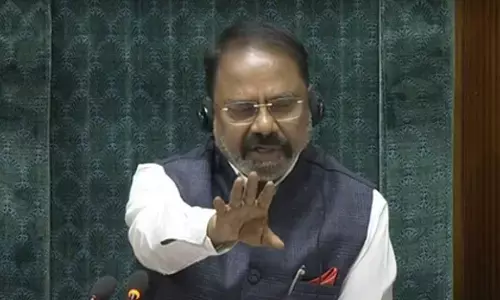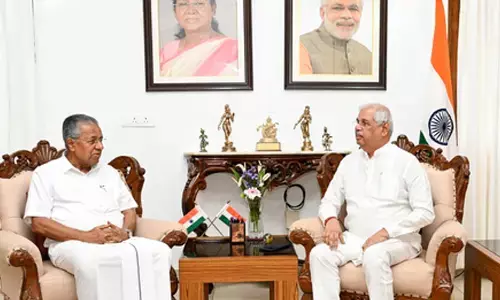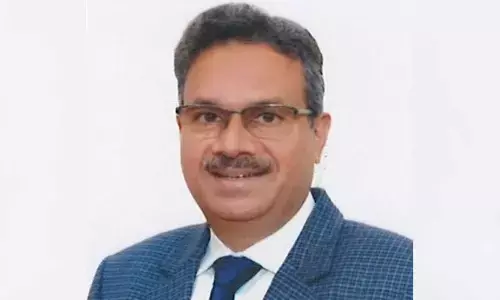Atishi accuses Central govt of surge in power tariff in Delhi
Share :

Delhi Power Minister Atishi
Delhi Power Minister Atishi on Monday said recent increase in electricity tariff in the national capital is due to coal "mismanagement " by the Central government.
New Delhi: Delhi Power Minister Atishi on Monday said recent increase in electricity tariff in the national capital is due to coal "mismanagement " by the Central government .
Talking to media persons, Atishi said: "Despite abundance of coal mines in India, the cost of coal is on the rise. Consequently, electricity-producing companies are compelled to purchase coal at higher rates, which ultimately impacts the electricity tariff," she said.
The Power Purchase Agreement Cost (PPAC) is often fixed for ten years. Whether it's the Delhi Electricity Regulatory Commission (DERC) or any regulatory commission, they examine the cost of power purchase and, based on their assessment, the Discoms reduce or increase the surcharge for three months, she said.
"Those who are currently receiving zero electricity bills will continue to receive zero electricity bills. The increase in surcharge will not affect their bills. However, I would like to inform the people that if the electricity tariff in Delhi is being increased, it is solely due to the Central Government," Atishi said.
She stated that this is the first time in 75 years that there is an "artificial shortage" of coal, which has led to an increase in coal prices.
She further explained that the Central government has mandated that if anyone buys coal, they will have to purchase 10 per cent imported coal as well. She said that the price of imported coal is ten times higher than that of Indian coal.
"Domestic coal costs Rs 2,000 per tonne, whereas imported coal costs Rs 25,000 per tonne. We would like to know what connection coal importers have with the Central government that they are forcing us to buy coal at such an exorbitant price," she said.
Atishi added that people consuming up to 200 units will continue to enjoy zero bills, but those using more than 200 units will have to pay an additional 8 per cent surcharge.
















